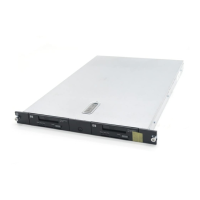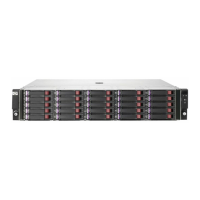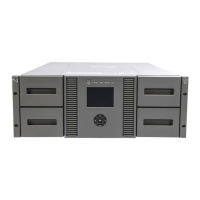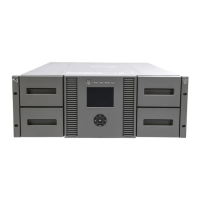Figure 36 Converting IBM Traditional Chinese Code to B IG5 Code
.
Alphanumeric Field Conversion (CHAR:OPK4)
All specified field data conversion assume single-byte code. Code conversion follows the code
conversion table shown in Appendix C on page 317. The following are exceptions:
• Undefined character: An undefined character (a valid character that is not defined in the conversion
table) will be replaced by X'FF'. Undefined characters can be replaced by a single-byte character
if they are specified in the Edit Option file.
• Shift code: Shift code (X'0E': double-byte code start; X'0F': single-byte start) is treated the same
way as an undefined character.
Double-byte Character Field Conversion (KANJI:OPK1)
All data conversion operations assume double-byte code. The following are exceptions:
• Undefined character: An undefined character (a valid character that is not defined in the conversion
table) will be replaced by X'FFFF'. Undefined characters can be replaced by a double-byte char-
acter if they are specified in the Edit Option file.
• Unjustified character: An unjustified character (first byte: X'41' through X'49', X'4C' through X'91',
X'C2' through X'E2'; second byte: X'40' through X'FD') is treated the same way as an undefined
character. The space character (X'40') is excluded.
• Shift code: The shift character (X'0E': double-byte code start; X'0F': single-byte code start) is treated
as a double-byte code. When performing code conversion with double-byte data following a shift
code and another shift code, the data is treated as an unjustified character code.
Mainframe to Open System (MTO) Character Code Conversion56
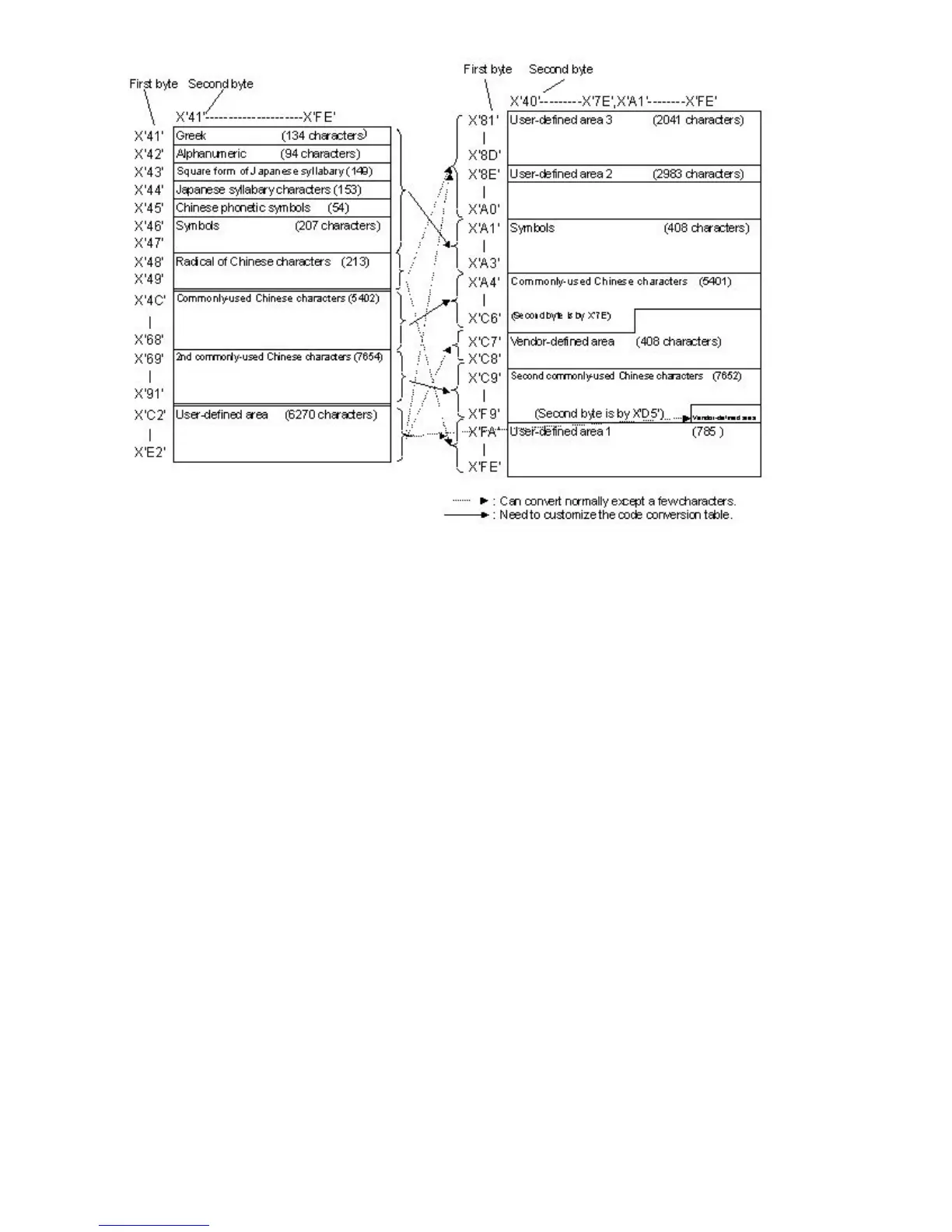